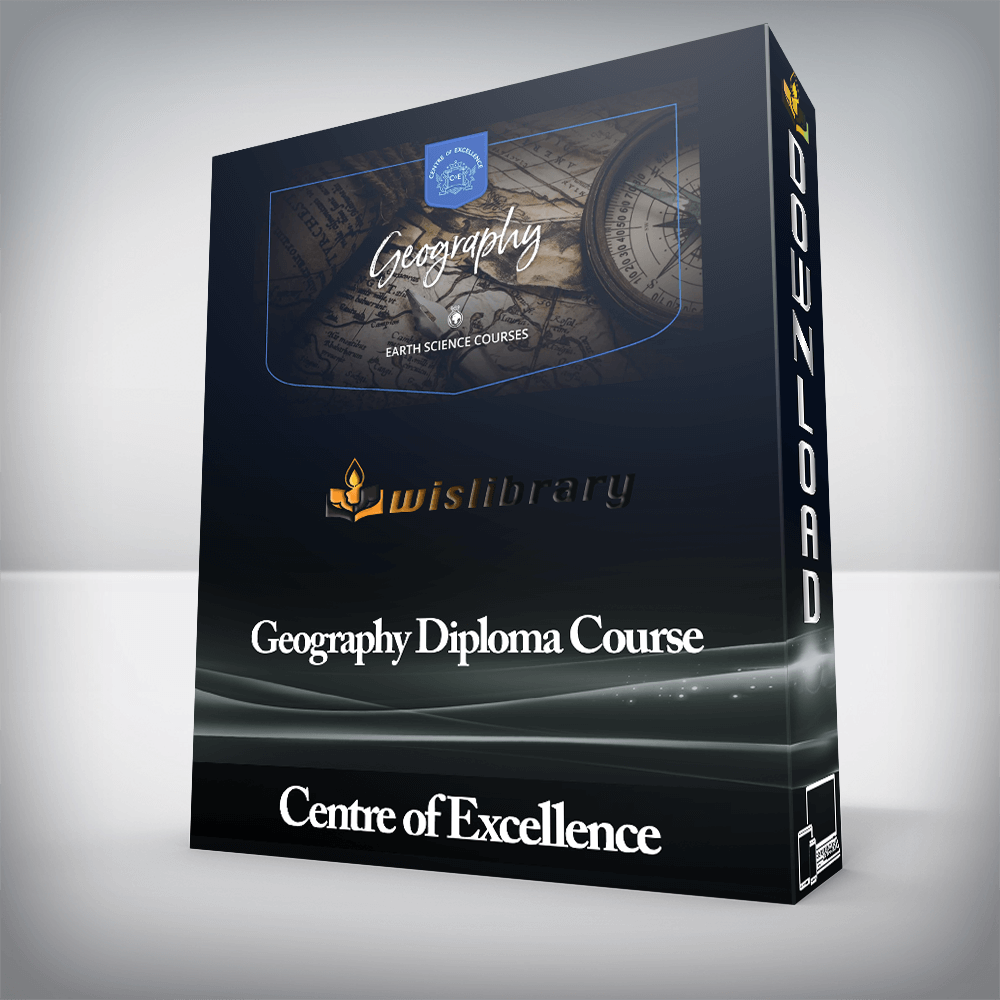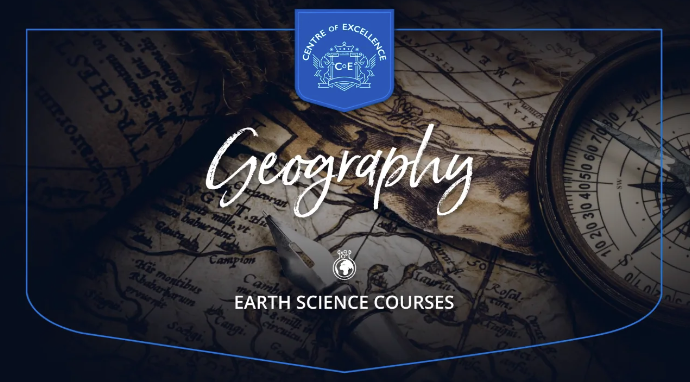

So much more than maps, rivers and physical features, while the vast and fascinating subject of geography does incorporate surface descriptions of Earth, it also studies human relationships and distributions.
Human populations, cultural identities, political organisations, agriculture, industrialisation and their overall development compose complex aspects to geographic studies of our planet. In this course, we will cover many of these aspects to provide a well-rounded introduction to the field of geography.
The Geography Diploma Course provides a broad introduction into the complex world of geography. You’ll explore the Earth’s physical components to understand relative geographical processes that encompass surface features such as mountains, valleys, rivers, lakes, oceans, and various environmental biomes. You’ll also discover the implications of human interactions within those environments to establish our own understanding of the natural world.
Studying this course will enable you to define and distinguish various geographical concepts including techniques, historical significance, physical components, human ideologies, and environmental implications. You will learn how geography has changed over time to accommodate shifting human societal structures as a result of agriculture, industrialization, and urbanization.
By studying this course, you will:
What will I learn on the course?
The Geography Diploma Course will benefit anyone who has the desire to understand the unique and complex relationships between humans and the environment. It’s perfect if you’d like to understand the events that have contributed to Earth’s environmental changes and current geographic solutions. Complete this course, and you’ll understand many natural processes, human interactions, and environmental implications; which will greatly benefit your future as an informed member of society.
There are no reviews yet.
You must be <a href="https://wislibrary.net/my-account/">logged in</a> to post a review.